The Archaeology of Death in Post-medieval Europe
Historical burial grounds are an enormous archaeological resource and have the potential to inform studies not only of demography or the history of disease and mortality, but also histories of the body, of religious and other beliefs about death, of changing social relationships, values and aspirations. In the last decades, the intensive urban development and a widespread legal requirement to undertake archaeological excavation of historical sites has led to a massive increase in the number of post-medieval graveyards and burial places that have been subjected to archaeological investigation. The archaeology of the more recent periods, which are comparatively well documented, is no less interesting and important an area of study than prehistoric periods. This volume offers a range of case studies and reflections on aspects of death and burial in post-medieval Europe. Looking at burial goods, the spatial aspects of cemetery organisation and the way that the living interact with the dead, contributors who have worked on sites from Central, North and West Europe present some of their evidence and ideas. The coherence of the volume is maintained by a substantial integrative introduction by the editor, Professor Sarah Tarlow. “This book is a ‘first’ and a necessary one. It is an exciting and far-ranging collection of studies on post-medieval burial practice across Europe that will most certainly be used extensively” Professor Howard Williams
{{comment.content}}
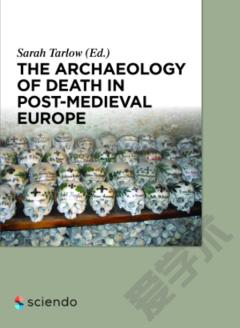
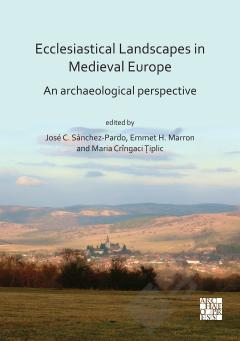
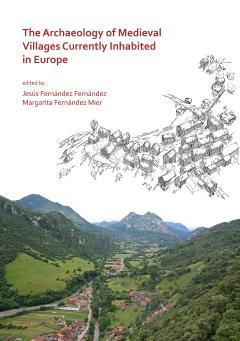
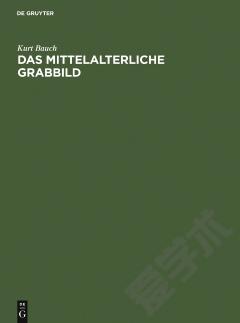
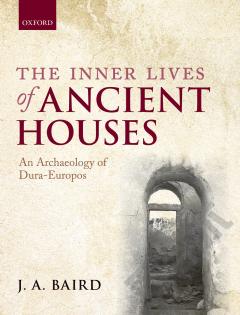



 京公网安备 11010802027623号
京公网安备 11010802027623号